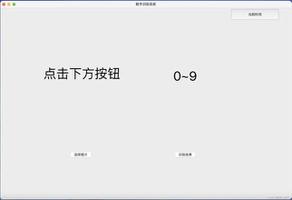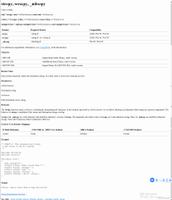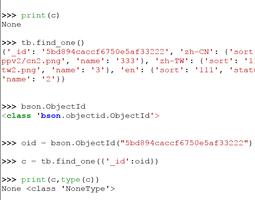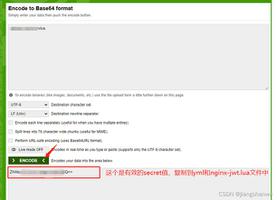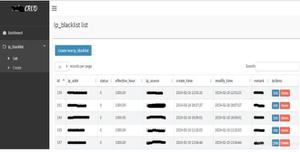Python字符串处理实现单词反转
Python字符串处理学习中,有一道简单但很经典的题目,按照单词对字符串进行反转,并对原始空格进行保留:
如:‘ I love China! ‘
转化为:‘ China! love I ‘
两种解决方案:
方案1:从前往后对字符串进行遍历,如果第一个就是空格,直接跳过,直到第一个不是空格的字符,如果是单独的字母,同样跳过,否则的话,将该单词进行反转,再往后遍历,最后使用reserve方法,让整个字符串从后往前打印。
方案2:直接使用re(正则化)包进行反转
代码如下:
import re
def reserve(str_list, start, end):
while start <= end:
str_list[start], str_list[end] = str_list[end], str_list[start]
end -= 1
start += 1
str = ' I love china! '
str_list = list(str)
print(str_list)
i = 0
print(len(str_list))
# 从前往后遍历list,如果碰到空格,就调用反转函数,不考虑单个字符情况
while i < len(str_list):
if str_list[i] != ' ':
start = i
end = start + 1
print(end)
while (end < len(str_list)) and (str_list[end]!=' '):
end += 1
if end - start > 1:
reserve(str_list, start, end-1)
i = end
else:
i = end
else:
i += 1
print(str_list)
str_list.reverse()
print(''.join(str_list))
# 采用正则表达式操作
str_re = re.split(r'(\s+)',str)
str_re.reverse()
str_re = ''.join(str_re)
print(str_re)
以上是 Python字符串处理实现单词反转 的全部内容, 来源链接: utcz.com/z/324842.html

